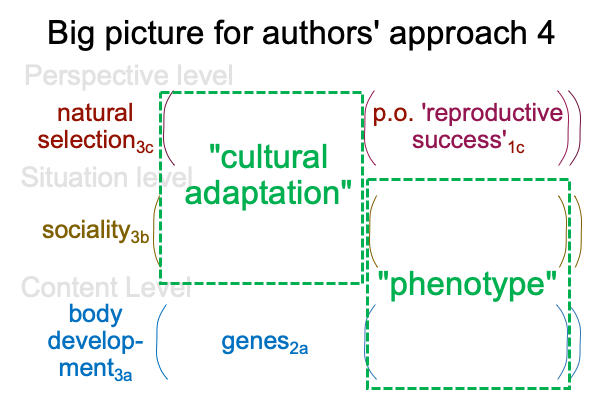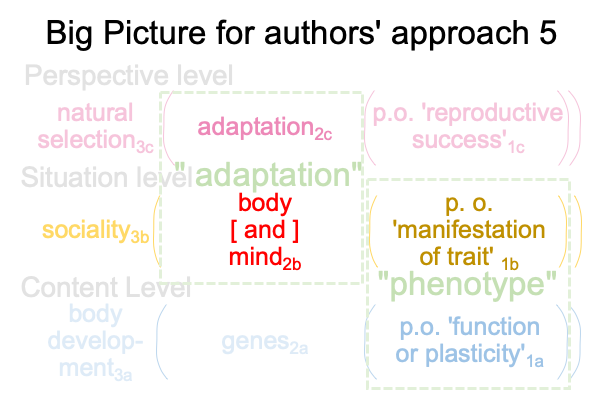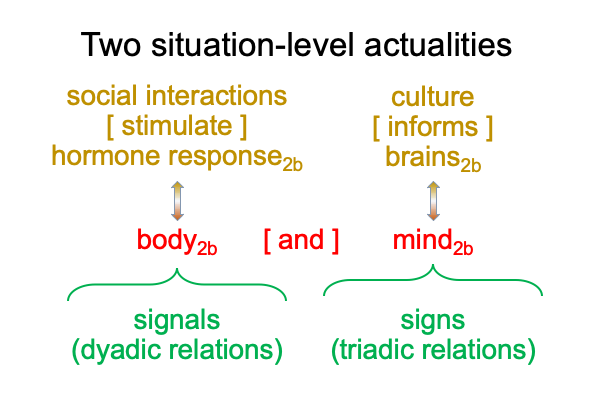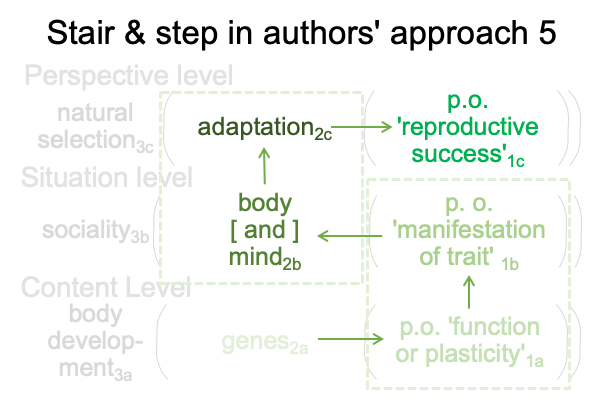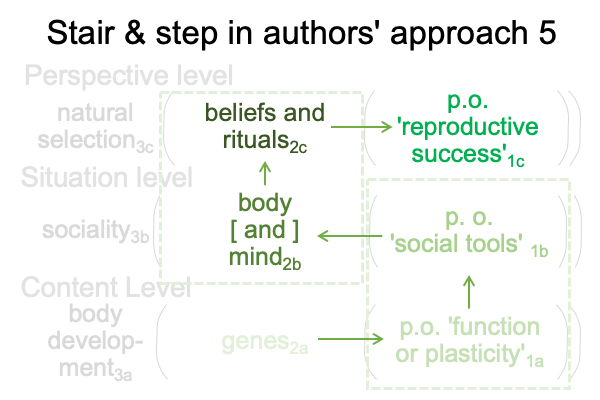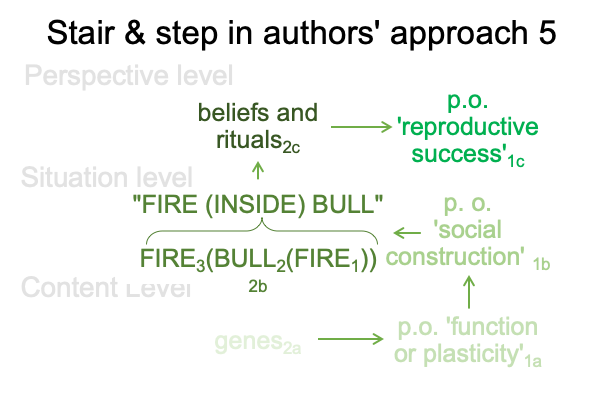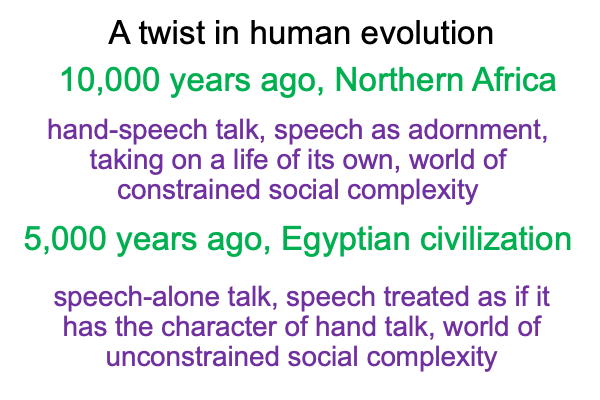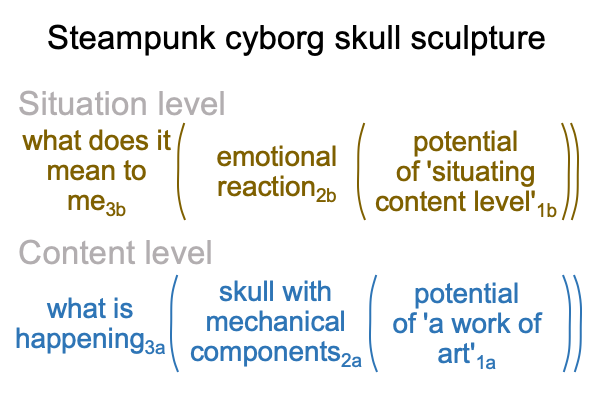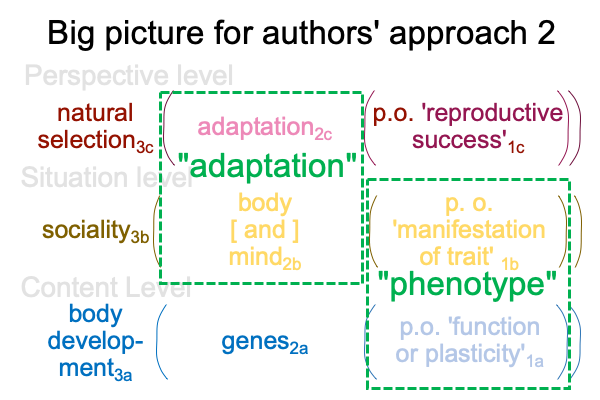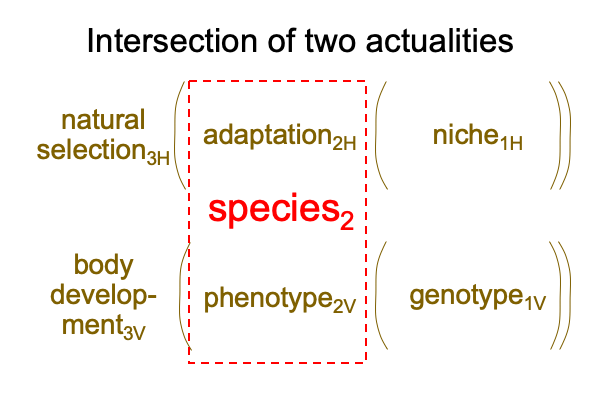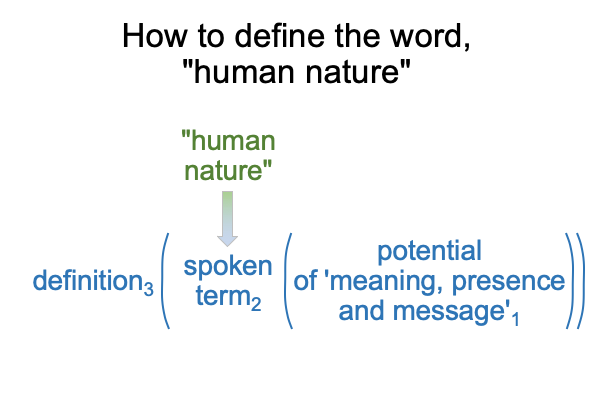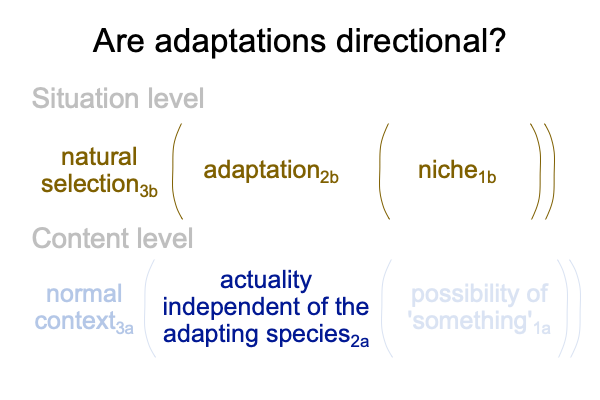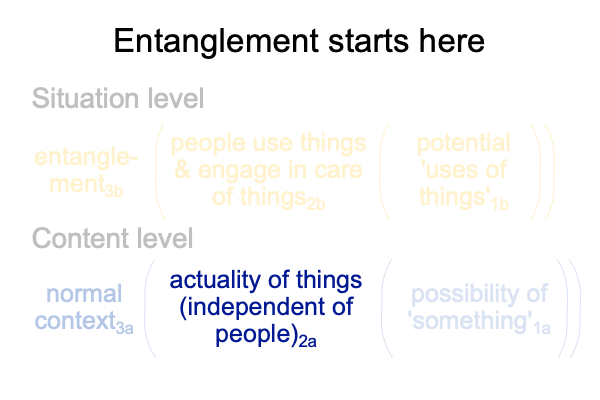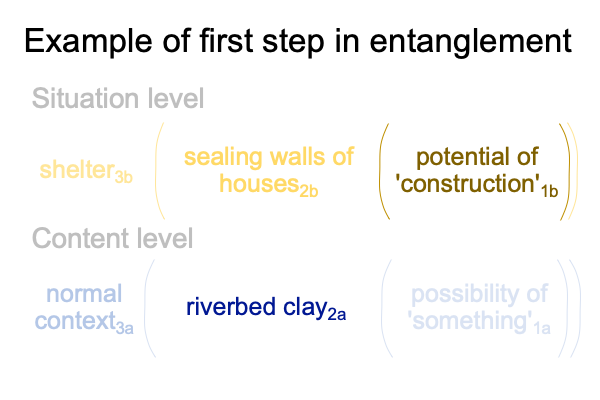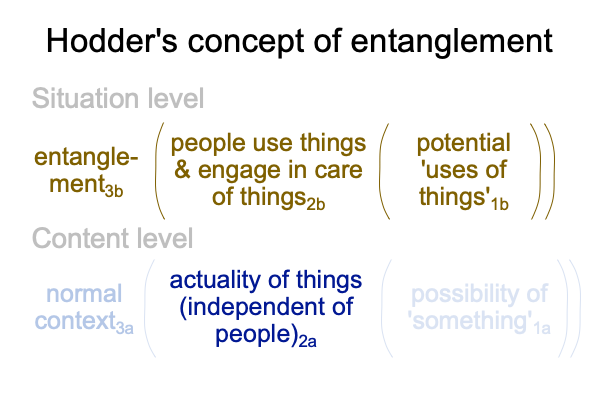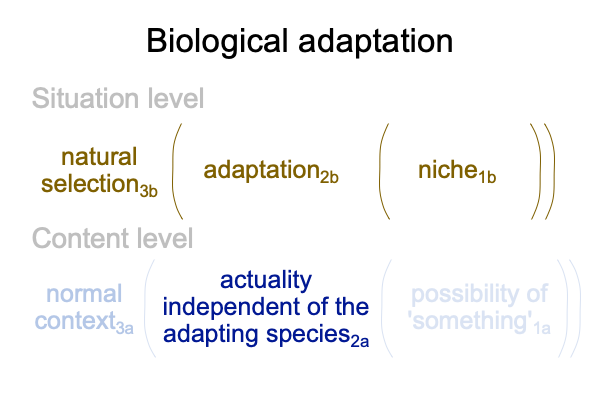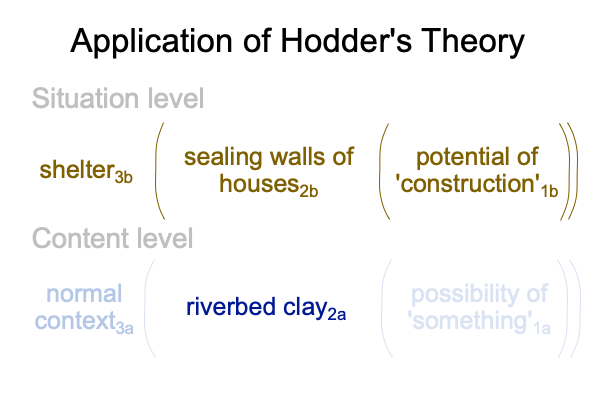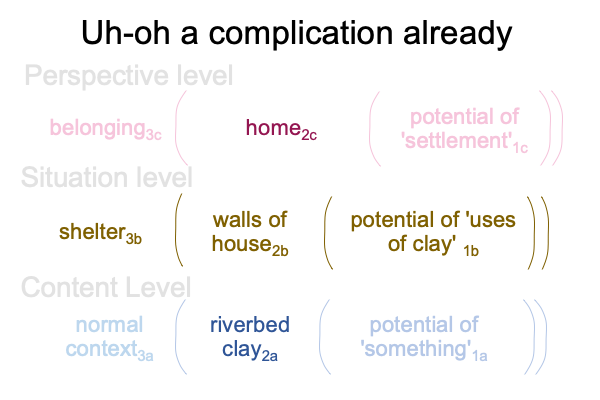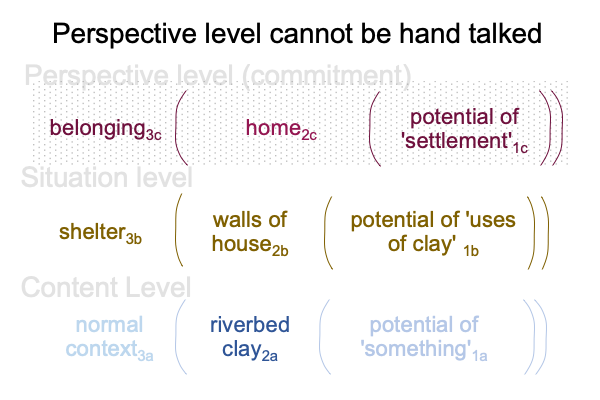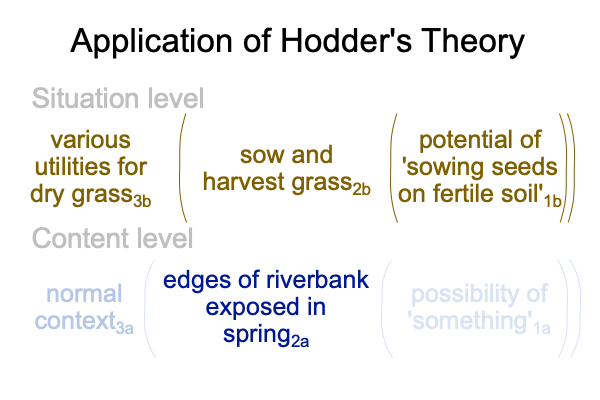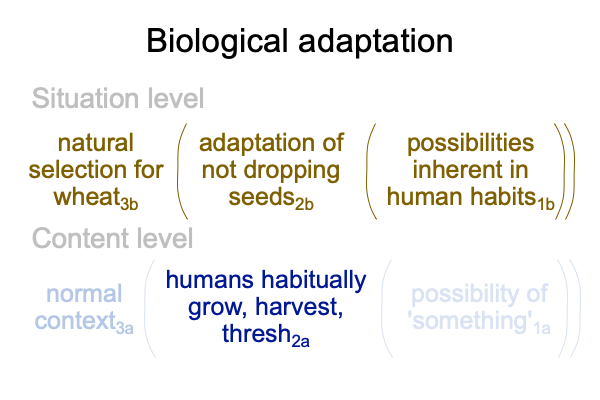Looking at Lesley Newson and Peter Richerson’s Book (2021) “A Story of Us” (Part 12 of 16)
0103 In chapter six, the authors shift their attention to 30kyr. This is the time of the Upper Paleolithic, known for innovations in tool manufacture and artistic expression.
Scientists are at a loss to explain the creativity. Why are humans making clever and well-honed tools now, instead of much earlier? Why are humans making art that… well… looks better than modern art? Does it have something to do with changes in the Earth’s climate? Does it have anything to do with ecological expanses such as Beringia, stretching from eastern Europe to northwestern America.
0104 Why the efflorescence of art and personal decoration?
Why are humans so interested in adornment?
0105 The hypothesis that speech is added to hand talk at the start of our species, two hundred thousand years ago, should allow contemporary archaeologists and natural historians to envision an unexpected causality. The addition of speech to hand talk gradually opens new vistas into sign-processing. At first, the voice adorns the word-gesture. Then, the voice adds a symbolic overtone to the iconic and indexal word gesture. Then, the voice takes on a life of its own.
0106 Consider the famous (or, should I say, “infamous”) Venus of Willendorf as someone who a lonely fellow can talk to. Newson and Richerson suggest that some Paleolithic cave drawings are… well… pornographic. Or, are they merely depicting the footprints of various animals? Their discussion is truly entertaining.
0107 Pierced shells are loaded onto strings. Speech-talk adorns hand-talk.
In this chapter, the authors offer an extensive interlude describing a tribal gathering. The characters speak, but they could just as well engage in hand-speech talk. The Neaderthal and Denisovans probably practice only hand talk. They do not have the adornment of speech talk. Humans are like birds. They are constantly speak as they flutter about.
0108 The authors dwell on a spectacular Paleolithic burial found at Sunghur in Russia. It dates to between 34 and 25kyr. What is the story behind this burial?
Well, it must have something to do with “culture”.
Today, when a late modern denizen of the West says the word, “culture”, one typically imagines performances of classical music played on very expensive instruments by highly trained technicians. One does not think of culture as “information”, much less “habits of sign-processing”. The specialized vocabulary of anthropology takes the word, “culture”, as its own. “Culture” is what asks for interpretation.
0109 However, interpretation comes in two flavors.
Implicit abstractions interpret hand and hand-speech talk.
Explicit abstractions interpret speech-alone talk.
So, when the “cultured” musicians play their score, they hope the audience draws implicit abstractions.
But, within each audience, there are “critics” fully capable of drawing explicit abstractions, in order to sell their witticisms to someone who needs content for their snooty publication.
0110 Did I recently read of a performance where the French horns sounded like wolves baying at the moon?How civilized is that?

